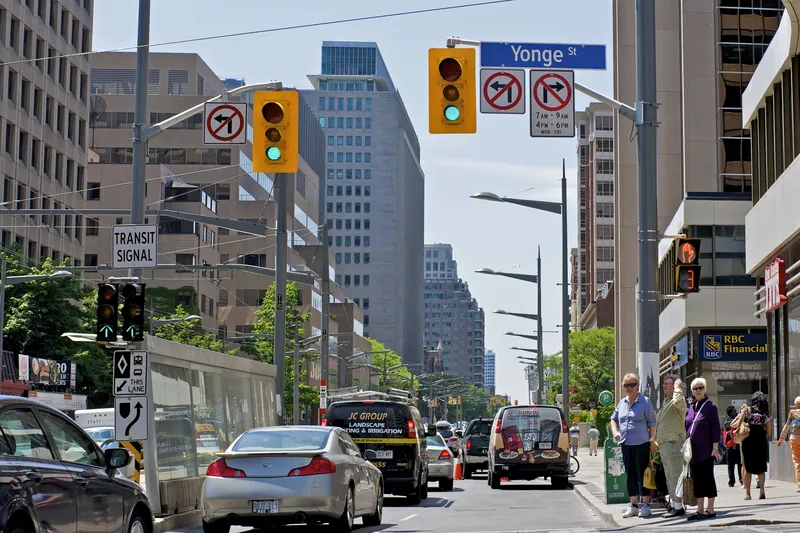The council says the Automated Vehicles Tactical Plan and Readiness 2022 report will help provide a transportation system that improves mobility, protects privacy and supports progress towards achieving safer roads through Vision Zero.
Toronto city councillor James Pasternak says: “There is tremendous potential for this technology in helping us to achieve our broader city goals as they relate to efficiency and resiliency in our transportation network, and how they contribute to social equity, and environmental and economic sustainability.”
Part of the plan is for an autonomous shuttle trial to connect the West Rouge neighbourhood in Scarborough with the nearby Rouge Hill Go Transit station by September 2020.
In addition Barbara Gray, general manager of transportation services, will publish an annual status report on the implementation of the plan, and report to Infrastructure and Environmental Committee in the second quarter of 2022.
The council will inform Caroline Mulroney, minister of transportation Ontario, and Canadian transport minister Marc Garneau, to request a meeting on how provincial and federal governments can collaborate. They are also hoping to establish public education initiatives to reduce instances of distracted driving from misuse of partial AVs and to increase awareness of how road users should interact with AVs.
The council has uploaded a







